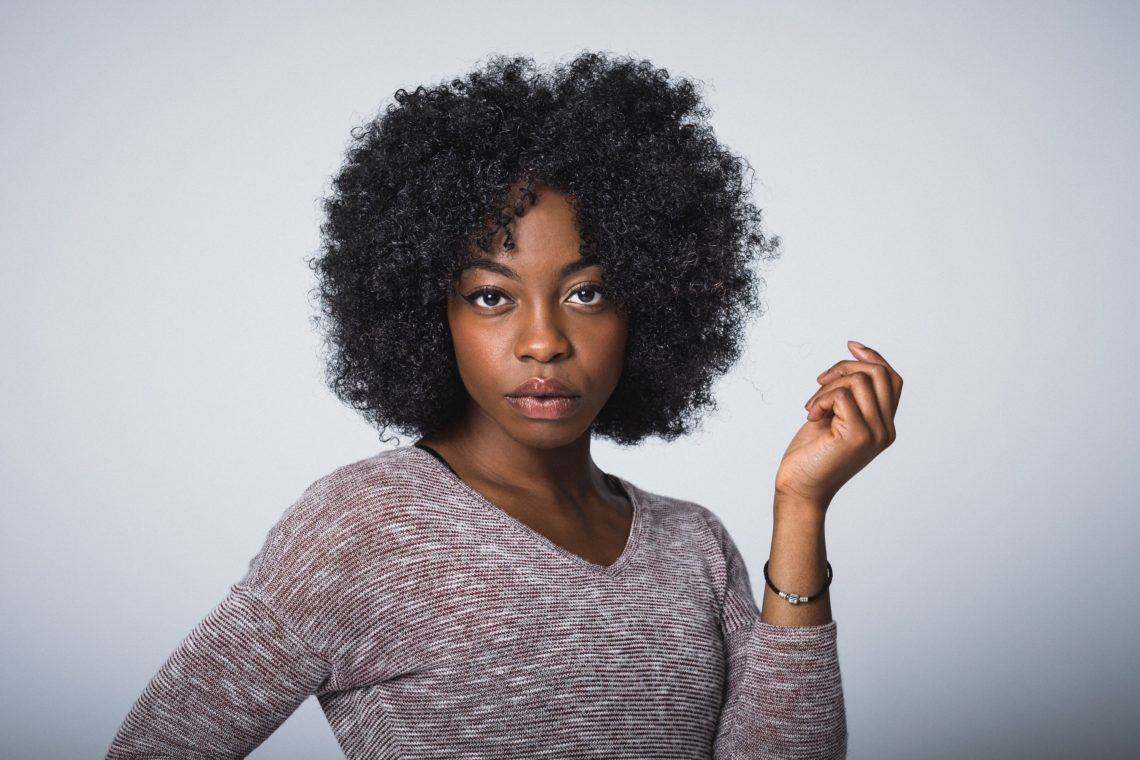I was working on a post inspired by the review of The Good Place about change. This is a favorite topic of mine. But it is already almost one, SM is in Australia for two weeks, and there are a thousand things I need to do before I experiment with taking LB to my Book Club meeting tonight. There is no bloody way this post will be ready. But the book we are reading, Americanah by Chimamanda Ngozi, which I also am so totally not going to finish in time for book club, reminded me of a post from my old blog that I am going to repost here. It’s political, my old blog was all about political, so be warned.
The Poor and Minorities
Almost every headline about the poor includes the phrase “and minorities.” The photographs accompanying those articles invariably contain people of color. Usually Black people. It’s easy to infer from this that all the poor are minorities. It’s only a short step from that to thinking all minorities are poor. Especially if you live the segregated life of the average white American.
This is exacerbated by the fact that when the media speaks of the African American community, Black Americans who are not immigrants who are descended from enslaved persons, it is usually in two ways. They speak of the worst of us, the poorest, the most desperate, the uneducated and imprisoned, and they speak as though that were all of us. Or they pit us against other Black communities. Nigerian immigrants are doing well, why can’t the rest of you bootstrap it up?
This denigration and focus on the negative goes back centuries. To before the institution of slavery stained these hallowed shores to when Black and white indentured servants worked side by side and side by side they began agitating, together, for change. People in power realized that the quickest way to undermine the movement was to pit the people in it against each other.
As indentured servitude of Africans evolved into hereditary chattel slavery it became even more imperative to dehumanize and tear down African descended peoples. There was no other way to justify large scale slavery in the land of the free. During the era of slavery enslaved Africans were stripped of their language and culture, were forbidden education, families were deliberately split apart, and arbitrary rules were put in place regulating the behavior of both free and enslaved Black people. This was done because people knew slavery was wrong.
Because people knew they were wrong there was a collective feeling of guilt. When people feel guilty, when we know we are right to feel guilty but we also know that we are not going to stop doing the thing we know to be wrong, we become defensive. Then we become angry. We may even start to project our own culpability onto others. We see it today every time an unarmed Black person is killed by the state. He was a thug, she shouldn’t have been so snide. Back then it became they deserve to be enslaved. They are barely human, anyway. And because people knew they were wrong they lived in constant fear of reprisal. They were right to fear. Reprisals happened. Revolts against slavery, by enslaved persons, are an unacknowledged constant during the entire history of slavery within the US.
This guilt fueled rage continued even after enslaved people were able to claim the freedom that was their right all along. I could link every word in this sentence, in this paragraph, hell, in this essay, to a heinous and grotesque act of racial discrimination against African Americans, from redlining to lynching to the destruction of entire towns. All since the dawn of the end of the Civil War.
In that time African Americans went from building the physical and economic foundations of the country to building its cultural foundations. Much of what are now thought of as quintessentially American forms of art, music, dance, and more were born in African American communities. The arts, sport, and more continue to have a strong African American presence. It’s difficult to parse out the economic achievements of the African American community from the Black community, but Black women currently have the highest levels of formal education of any demographic in the country. Today over 70% of the Black community lives above the poverty line with half of us in the middle class or above.
This, despite the fact that every single African American started out with *less* than nothing. This despite fighting centuries of entrenched, systemic racism. This, despite decades of (#notall) white people, up to and including a federal government that is supposed to represent us, maliciously and with violence actively working to prevent any and all progress we have made. Something that continues to this day. The story of African Americans is one of continual triumph against a system designed to strip us of our humanity. We have gone from being untouchable to being Untouchable. Yet, that is not the narrative you read about in the media. You have to start to wonder why that is.
